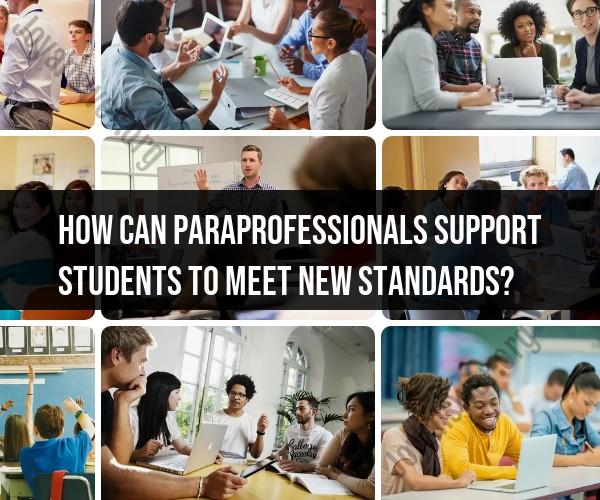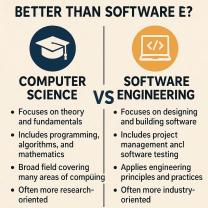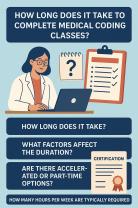How can paraprofessionals support students to meet new standards?
Paraprofessionals play a valuable role in supporting students to meet new educational standards. New standards often require increased academic rigor and may demand changes in teaching and learning strategies. Paraprofessionals can assist in several ways:
Small Group Instruction: Paraprofessionals can work with small groups of students who may need additional support in understanding and mastering the new standards. They can provide targeted instruction, review concepts, and answer questions, helping students grasp the material more effectively.
Differentiated Instruction: Paraprofessionals can collaborate with teachers to implement differentiated instruction. They can modify assignments, assessments, and teaching methods to meet the diverse needs of students, including those who may struggle with the new standards.
One-on-One Support: For students with significant learning challenges, paraprofessionals can provide one-on-one support. They can offer personalized instruction, reinforce concepts, and provide immediate feedback, helping students progress at their own pace.
Classroom Management: Paraprofessionals can assist teachers in maintaining a conducive learning environment. By managing classroom behavior and addressing disruptions, they ensure that instructional time is maximized and students stay focused on learning.
Resource Preparation: Paraprofessionals can help create and organize instructional materials and resources that align with the new standards. This includes preparing worksheets, visual aids, and other supplementary materials to enhance the learning experience.
Assessment and Progress Monitoring: Paraprofessionals can assist in assessing student progress and collecting data to track their performance. They can administer formative assessments, record data, and share it with teachers to inform instructional decisions.
Technology Integration: In an era of digital learning, paraprofessionals can support students in using technology effectively. They can help set up and troubleshoot devices, guide students in navigating online resources, and assist with educational software or applications.
Language and Special Needs Support: Paraprofessionals with expertise in bilingual education or special education can provide specialized support for English language learners or students with disabilities. They can adapt instructional strategies to meet these students' unique needs and ensure they are not left behind.
Homework Assistance: Paraprofessionals can offer after-school homework help or tutoring sessions to reinforce classroom learning and help students meet the standards outside of regular class time.
Collaboration with Teachers: Effective communication and collaboration between paraprofessionals and classroom teachers are essential. Regular meetings to discuss student progress, share insights, and plan instructional strategies are crucial for successful support.
Cultural Sensitivity and Inclusivity: Paraprofessionals can promote a culturally sensitive and inclusive classroom environment, helping students from diverse backgrounds feel valued and engaged in the learning process.
Behavioral and Emotional Support: Some students may face emotional or behavioral challenges that impact their ability to meet new standards. Paraprofessionals can provide emotional support, implement behavior management strategies, and connect students with appropriate counseling or support services when needed.
In conclusion, paraprofessionals play a pivotal role in supporting students to meet new educational standards by providing personalized instruction, differentiation, classroom management, and various forms of assistance that cater to students' diverse needs. Their collaboration with teachers and commitment to student success contribute significantly to achieving educational goals.
Paraprofessional Support: Helping Students Meet New Educational Standards
Paraprofessional educators play a vital role in helping students meet new educational standards. They can provide students with the individualized support they need to succeed in a variety of ways, including:
- Providing one-on-one instruction: Paraprofessional educators can work with students one-on-one to provide individualized instruction in specific areas where they need extra help. This can be especially beneficial for students who are struggling with a particular concept or who are learning English.
- Leading small groups: Paraprofessional educators can lead small groups of students in enrichment activities or in remediation activities. This can help to free up teachers' time so that they can focus on working with individual students or with the whole class.
- Providing classroom management support: Paraprofessional educators can help teachers with classroom management tasks, such as monitoring student behavior, distributing materials, and collecting assignments. This can help to create a more orderly and productive learning environment.
- Differentiating instruction: Paraprofessional educators can help teachers to differentiate instruction so that all students can learn at their own level. This may involve providing students with different materials, different activities, or different levels of support.
- Using technology: Paraprofessional educators can help teachers to use technology in the classroom to support student learning. This may involve helping students to use educational software, to create digital presentations, or to access online resources.
Academic Success Partners: How Paraprofessionals Aid Students in Achieving Standards
Paraprofessional educators can be academic success partners for students by providing them with the support they need to achieve new educational standards. Here are a few examples:
- A paraprofessional educator can help a student with a learning disability to develop a study plan and to learn strategies for managing their time and assignments.
- A paraprofessional educator can help an English language learner to develop their vocabulary and grammar skills.
- A paraprofessional educator can help a student who is struggling in a particular subject area to create concept maps, flashcards, and other study materials.
- A paraprofessional educator can help a student to prepare for standardized tests by reviewing test-taking strategies and by providing practice problems.
- A paraprofessional educator can help a student to develop their research skills and to write effective essays and reports.
Bridging the Gap: The Role of Paraprofessionals in Standards-Based Education
Paraprofessional educators can play a vital role in bridging the gap between students' current abilities and the new educational standards. They can do this by providing students with the individualized support they need to succeed.
Here are a few specific examples of how paraprofessional educators can bridge the gap in standards-based education:
- A paraprofessional educator can help a student to develop a personalized learning plan that outlines the specific goals that they need to achieve in order to meet the new standards.
- A paraprofessional educator can help a student to create a portfolio of their work that demonstrates their mastery of the new standards.
- A paraprofessional educator can help a student to prepare for presentations and other assessments that will be used to measure their progress towards meeting the new standards.
Paraprofessional educators are essential members of the education team, and they play a vital role in helping students meet new educational standards. By providing students with the individualized support they need, paraprofessional educators can help all students to succeed.












